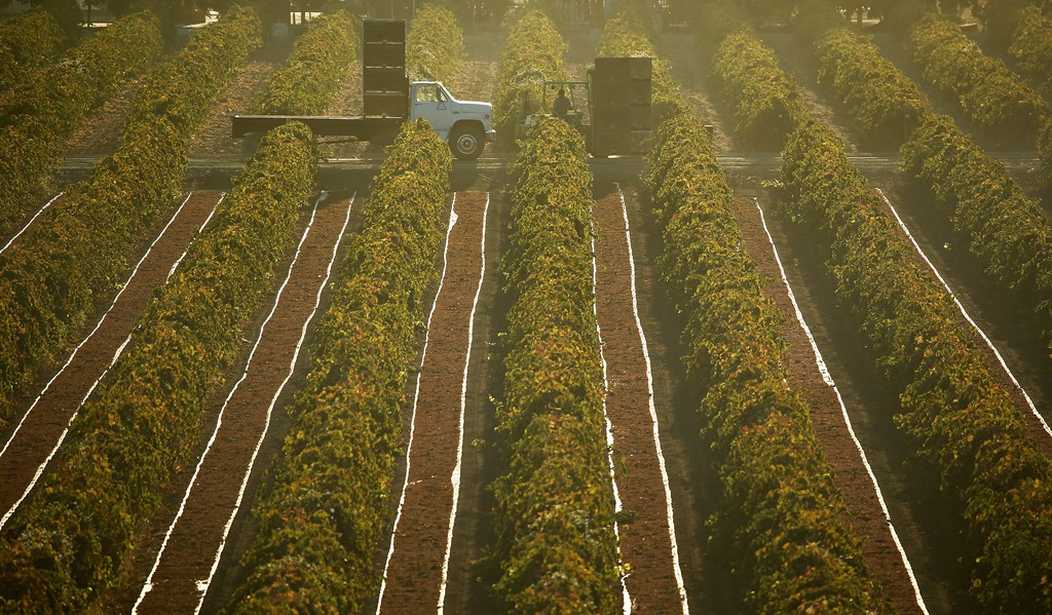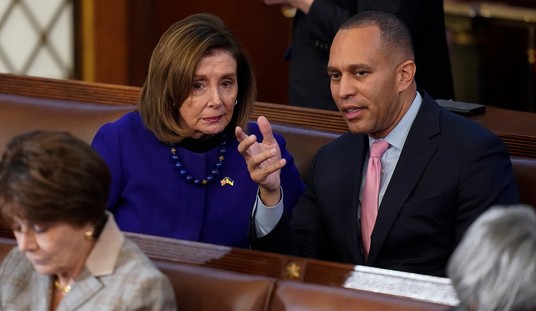One of my greatest mentors taught me a central rule for politics: that it is a game of addition and multiplication, not division and subtraction. You build a coalition (sometimes you have to cobble it together) to carry a candidate or a policy issue through to victory. It’s a maxim that we will see play out time and time again in the coming months of Election 2016, as presidential candidates try and build the armies that will carry them to victory.
Often taken for granted in all this, as candidates microtarget supporters, is the important role, still, that the agricultural vote plays in our national politics. One of the seminal reasons for maintaining the Electoral College, for instance, is to ensure that the rights of Americans living in rural, often agricultural, regions are protected. And all of the powerhouse “super states” (like California and Florida) have substantial agricultural interests.
For a host of reasons, in the last two presidential elections, the losing candidates (McCain and Romney, in case you had forgotten) failed to connect with ag voters in enough of a way to ensure that they came to the polls in substantial numbers. And with the White House completely up for grabs, no candidate ought to take these voters, or their issues, for granted.
Obviously, reform of the nation’s environmental rules and regulations ought to take center stage. With regulatory costs now well-above $2 trillion annually, all of our businesses (agricultural or otherwise) face an entirely uneven playing field—and President Obama is promising far more, not less, regulation in his final year in office! Between efforts to ratchet down on federal pesticide rules, to place onerous rules on controlling fertilizer run-off, and even rules to control the emissions of tractors, farmers are facing greater burdens than ever—and that’s not even including much needed reforms to the nation’s wetlands and endangered species rules!
Recommended
Of debate right now is another complicated set of rules—those dealing with the ability to expense new equipment purchases. Again, not confined solely to those in agribusiness (but of immense importance to farmers) is the seemingly perennial situation now where businesses are unsure of whether the so-called “Sec. 179 Expensing” rules will be extended again, or, in what will take a miracle (or a new president making it a legislative priority) making these rules permanent.
The importance of such permanence cannot be understated—these are the rules that incentivize the purchase of new, modern, more efficient (and expensive) equipment. The irony, of course, is that this is the same equipment that will lead to some of the outcomes that environmental proponents are looking for with regards to agriculture: combines that are more fuel efficient, that emit lower emissions, that can use less fertilizer and distribute it with pinpoint accuracy.
By not making these rules permanent, the incentive is to hold onto equipment for far longer—an outcome in which nobody wins.
Then there is pushing back against the massive crony capitalism of our competitors on the world trade stage! As our farmers in places like California and South Carolina are dealing with the vagaries of mother nature in getting their crops to market, they are also contending with the massive subsidization of commodities by other nations, subsidization that is severely distorting the marketplace (as cronyism invariably does), and is, at its core, predatory (as cronyism invariably is).
If a candidate wants to woo the agricultural sector, he or she is going to have to recognize that our farmers face serious threats—they can compete, on price and quality of goods, provided that the playing field is level. This will mean a serious discussion of all of the elements that go into American competitiveness: the regulatory burdens our businesses face, the disincentives built into our tax structure, and the cronyist impulses of our competitors abroad, who are all-too-keen to see American businesses undercut and forced into failure. Solutions, too, like the Zero-for-Zero concept being advocated by legislators like Ted Yoho (R-FL), which calls for the US to not “disarm” when it comes to trade, but instead to wait for our competitors abroad to end their cronyist practices.
Candidates who ignore this, do so at their own peril. The agricultural sector is watching, and their votes will be of massive importance in Election 2016.

























Join the conversation as a VIP Member